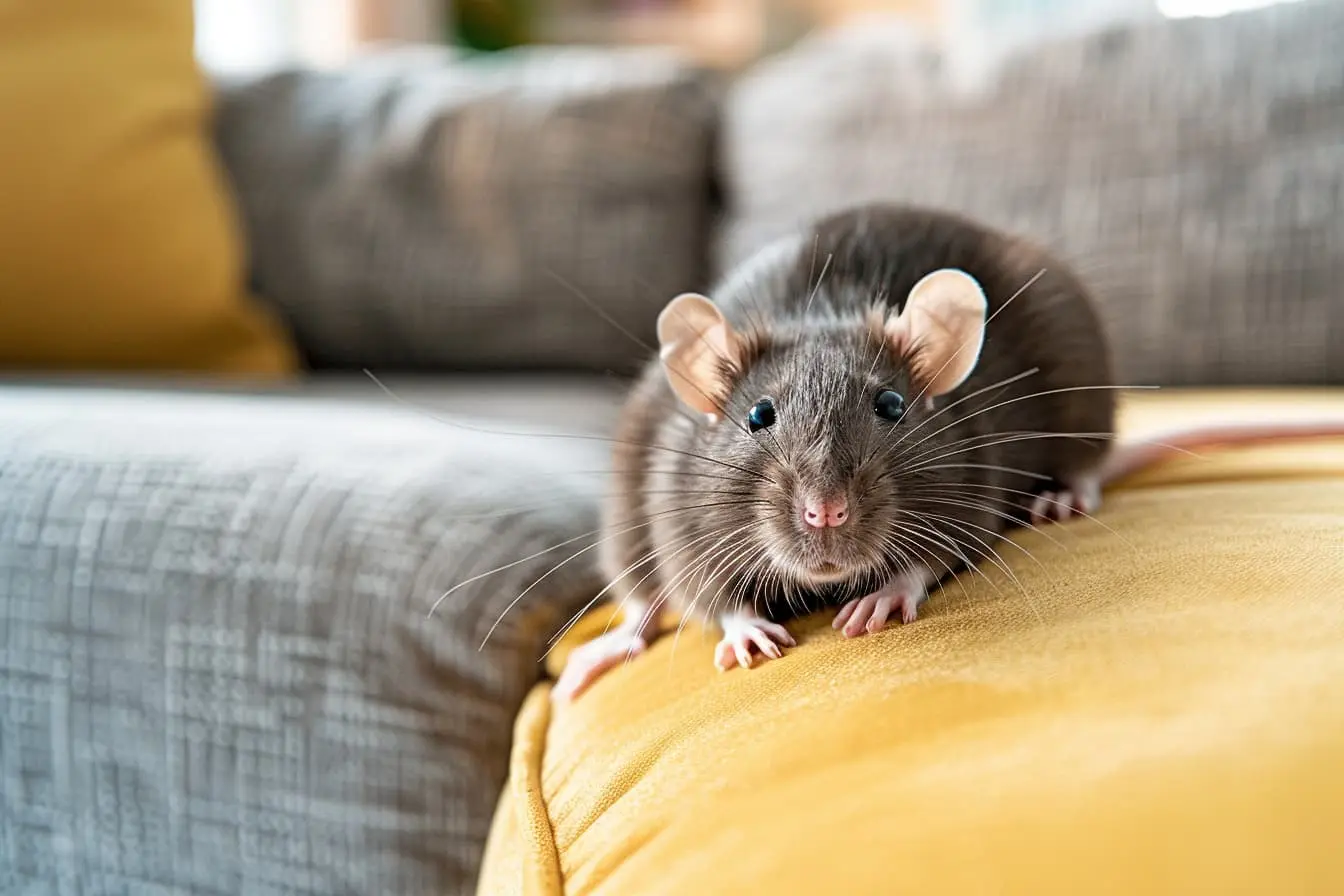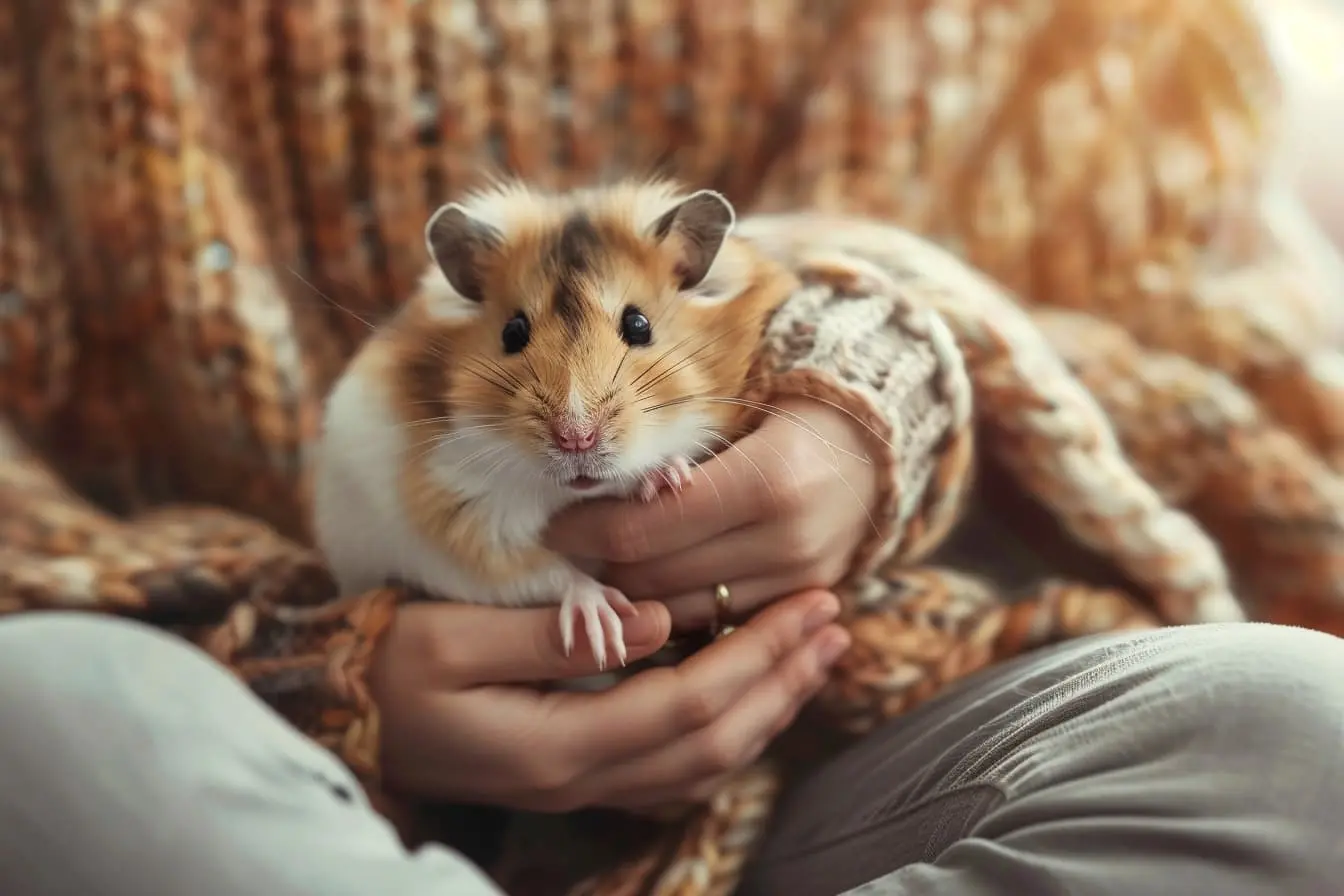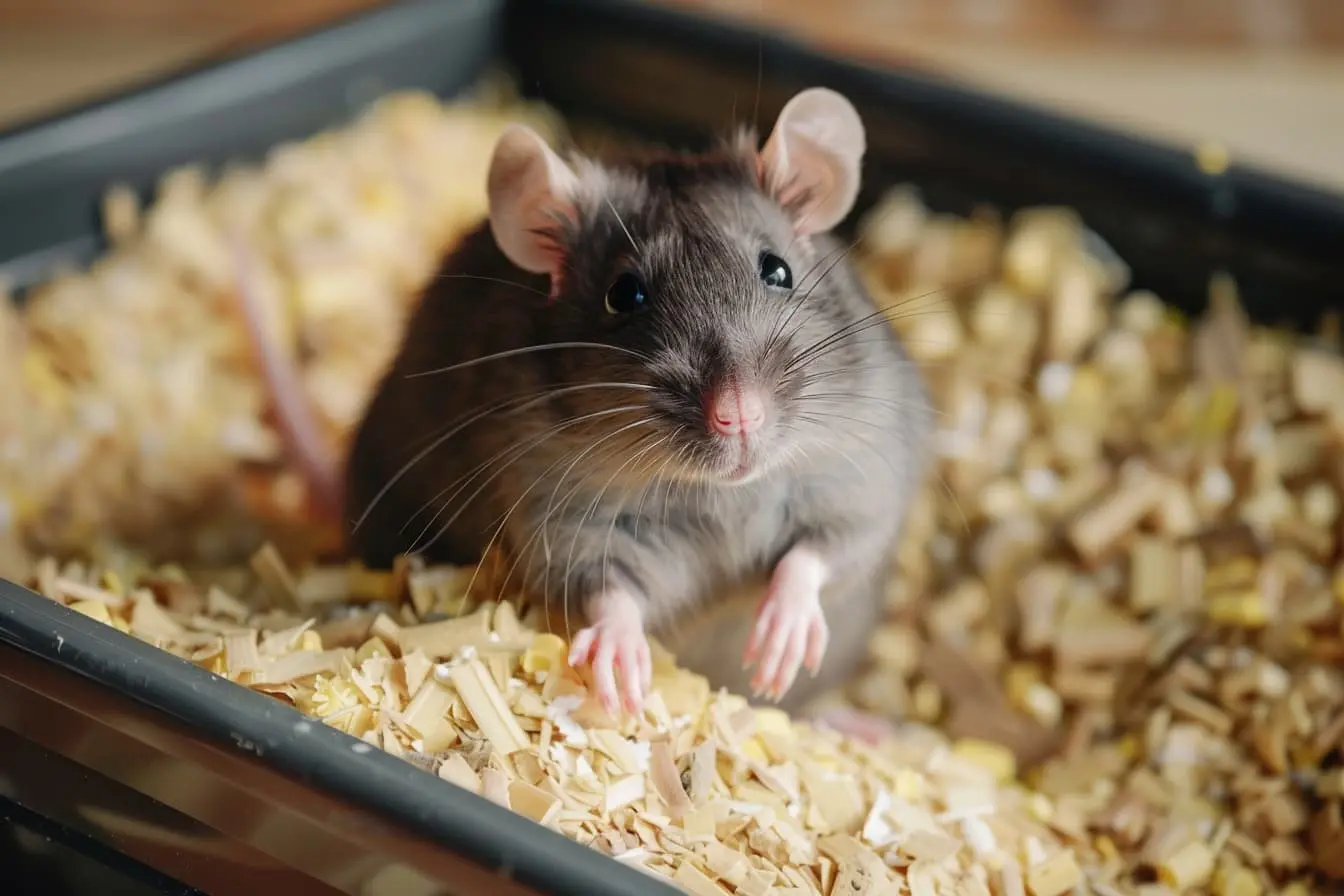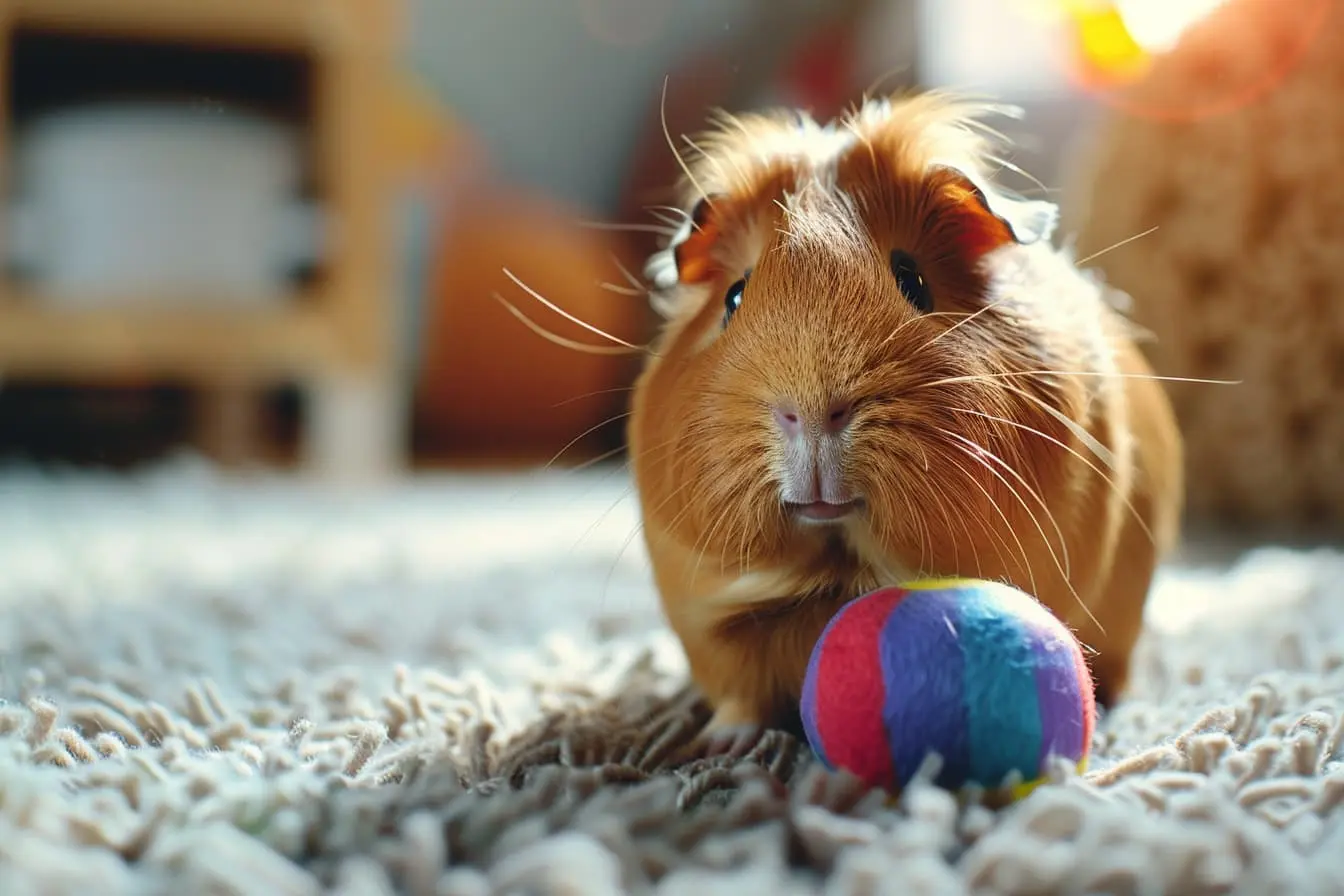
Litter Training Your Ferret: A Step-by-Step Guide for Owners
Ferrets are known for their playful and inquisitive nature, making them delightful companions. However, their care involves certain challenges, one of which is litter training. While ferrets can be trained to use a litter box, the process requires patience, consistency, and the right approach. This guide is designed to assist ferret owners in litter training their pets, detailing necessary purchases, important considerations, and a comprehensive step-by-step training method.
What You'll Need to Purchase
- A Litter Box: Opt for a corner litter box as it fits well into the corners of a ferret cage and saves space. Ensure the box is low enough for your ferret to easily step into.
- Ferret-Safe Litter: Use a dust-free, absorbent, and non-clumping litter. Paper-based or wood pellets are recommended. Avoid clumping cat litter or those made from cedar or pine, as they can be harmful to ferrets.
- Litter Scoop: For cleaning the litter box daily.
- Treats: Have some ferret-friendly treats on hand to reward your ferret during the training process.
Considerations Before Starting
- Spaying/Neutering: Altered ferrets are generally easier to litter train due to reduced hormonal influences on their behaviour.
- Cage Setup: Your ferret's cage should be spacious enough to accommodate a designated bathroom area separate from where they eat, sleep, and play.
- Health Check: Ensure your ferret is healthy, as health issues can impact their ability to be litter trained.
Step-by-Step Guide to Litter Training
Step 1: Introduce the Litter Box
Place the litter box in a corner of the cage, preferably in the area your ferret has already chosen as their bathroom spot. If your ferret chooses a different corner, move the box there instead.
Step 2: Use Ferret-Safe Litter
Fill the litter box with a layer of ferret-safe litter. Avoid using too much litter; a depth of about 1-2 inches is sufficient.
Step 3: Encourage Your Ferret to Explore the Litter Box
Place your ferret in the litter box at times they are likely to go, such as after waking up or after meals. Do not force them to stay in the box; let them explore it on their own.
Step 4: Reward and Positive Reinforcement
Whenever your ferret uses the litter box correctly, immediately reward them with a treat or praise. This reinforces the behaviour and makes them more likely to repeat it.
Step 5: Be Consistent and Patient
Consistency is key. Always encourage your ferret to use the litter box and reward them when they do. Be patient, as it may take time for your ferret to consistently use the box.
Step 6: Clean Regularly
Keep the litter box clean by scooping it daily and changing the litter as needed. A clean litter box is more appealing to ferrets and encourages consistent use.
Additional Tips
- Multiple Litter Boxes: If you allow your ferret to roam outside their cage, place litter boxes in several areas around your home to increase the likelihood they'll use one when needed.
- Addressing Accidents: If your ferret has an accident outside the litter box, clean the area thoroughly to remove any scent marks. Avoid punishing your ferret, as this can cause stress and make training more difficult.
- Monitor Health: Sudden changes in litter box habits can indicate health issues. If you notice any changes, consult a veterinarian.
Litter training your ferret is an achievable goal that enhances your living environment and your pet's quality of life. While it requires effort and patience, the rewards of having a litter-trained ferret are well worth it. Remember, every ferret is unique, and adjustments to the training process may be necessary. Stay positive, be patient, and celebrate your ferret's progress along the way.
Vets near you
Speciality vets
- Aquatics vet specialists
- Birds vet specialists
- Camelids vet specialists
- Cats vet specialists
- Cattle vet specialists
- Deer vet specialists
- Dogs vet specialists
- Equines vet specialists
- Exotic vet specialists
- Goats vet specialists
- Pigs vet specialists
- Poultry vet specialists
- Sheep vet specialists
- Small Mammals vet specialists
- Wild vet specialists
Vet facilities
- Accessible by public transport
- Blood testing
- Car park nearby
- Client car park
- Dentistry
- Diagnostic imaging
- Disabled public access
- Flea and worm treatments
- Microchipping
- Mobile services
- Neutering
- Open at weekends
- Out-of-hours service
- Referral interests
- Referrals only
- Street parking outside
- Toilets available
- Vaccinations



